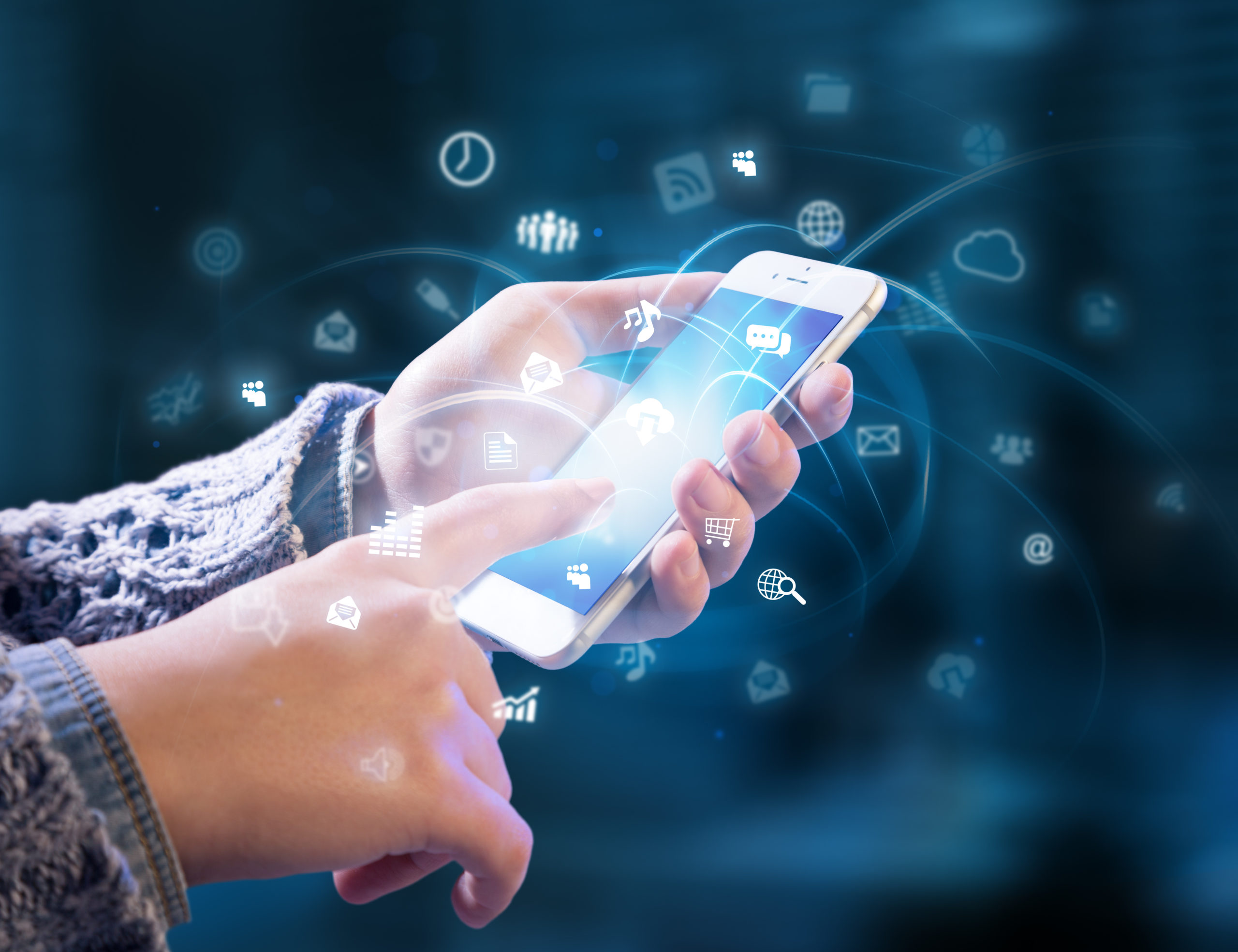WIRED isn’t a magazine you initially think of when it comes to addiction and recovery. The famed tech publication is much more famous for delivering stories about Google or programatic algorithms. But interestingly enough, this month they did do an expose on substance abuse and the popular smartphone apps that are helping millennials get clean.
Truth be told, the WIRED piece does take a hard stance against traditional recovery methods (something we happen to disagree with). But, read a little deeper and there are some insightful nuggets about the downloadable content that can help people through difficult addictions; particularly when it comes to opioid abuse.
Classifying these types of smartphone downloads in one general category, WIRED writer Zachary Siegel pointed out what is being called the “mHealth” movement. Short for mobile health, this section of the app store is focused on technology-based treatment methods that utilize everything from Skype to daily alarm reminders. Siegel also points out that a majority of these programs are designed by clinical researchers and based off scientific evidence.
He broke down his basic philosophy on mHealth below…
“The premise of mobile treatment apps is that there’s nothing magical about treating addiction,” Siegel writes. “There’s no moment when the clouds part and a spiritual awakening takes hold. Curbing addiction is much like stopping a bad habit or shifting any deeply ingrained behavior; it takes time, support, and constant effort to change. You’re on your phone all day, the apps suggest, why not curb a harmful behavior, without missing work for three months? They allow for time and room for the messy process of addiction to slowly untangle: You don’t need to wait until the problem gets worse, they suggest, you can get help now.”
Apps he chose to focus on in the article include Annum and Ria Health, which focus specifically on alcoholism. These particular downloads remove the human element of recovery and operate via push notifications, alerts and texts. Siegel lumped these into the “less severe addiction” category, highlighting them for people struggling and still able to hold a job.
Other apps featured include WeConnect, Sober Grid and Triggr Health, which use “machine learning” to predict when a patient may be headed for a relapse. Siegel did admit that this world can be quite overwhelming, with more than 10,000 downloads competing in the mHealth space. But if they are able to make a difference in someone’s day-to-day life, more power to them.
We, of course, prefer the old fashioned method of recovery.







